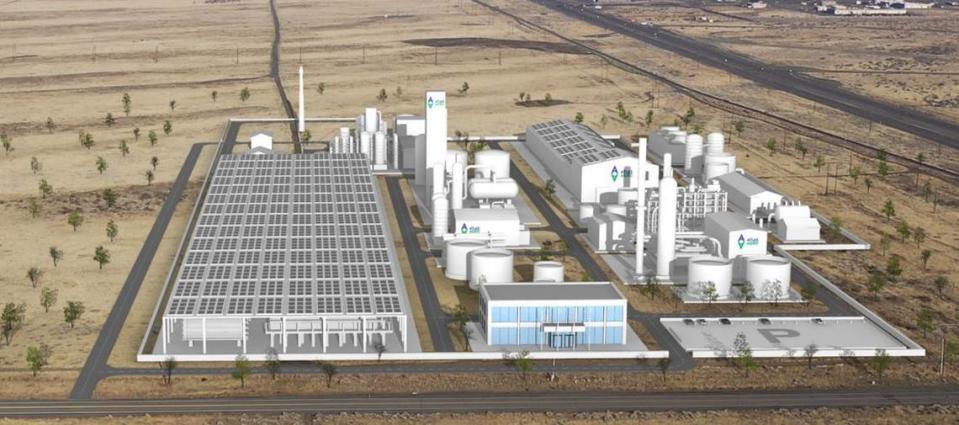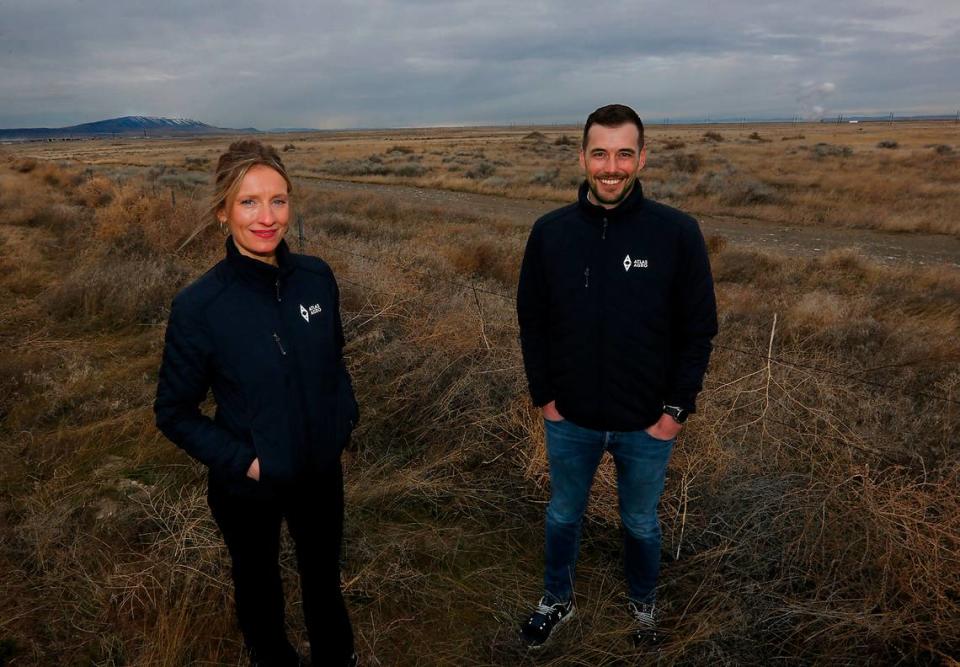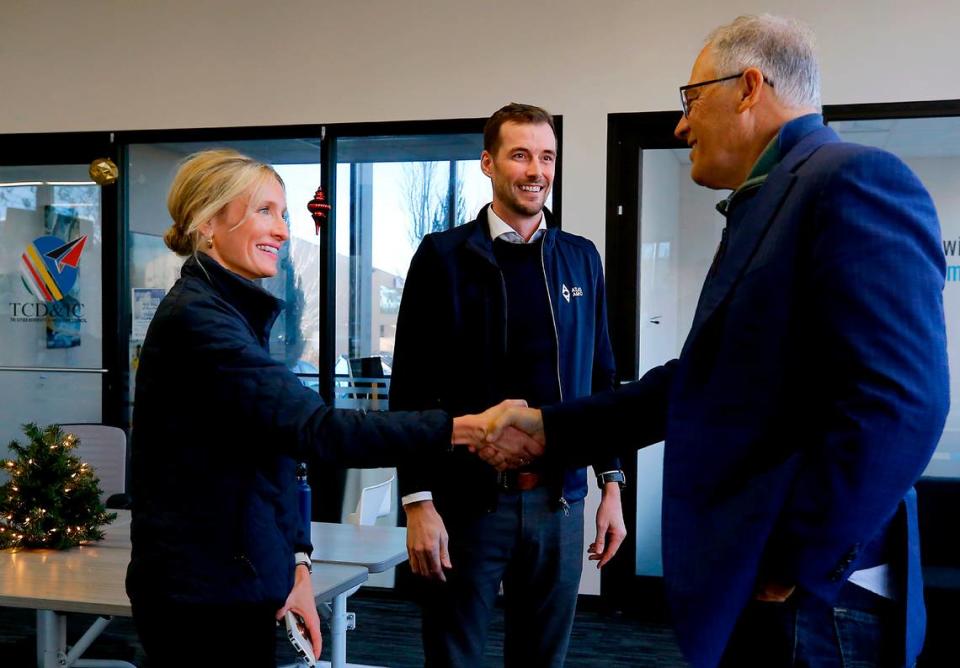Richland must make sure Atlas Agro delivers jobs in return for $20M tax break | Opinion
The Richland City Council unanimously voted this week to award a 10-year tax break worth $20 million for a proposed manufacturing plant. At that price, the city had better see some solid returns.
Richland must carefully monitor the company’s performance to ensure taxpayers get the well-paying jobs they’ve been promised.
Atlas Agro plans to build a first-of-its-kind carbon-free fertilizer plant at a cost of more than $1 billion. The green facility will manufacture fertilizer using hydrogen instead of ammonia. That would fit well with Richland’s goal of becoming a leading center for clean energy manufacturing in the Pacific Northwest.
Though some details remain to be worked out before sealing the deal, $20 million certainly sweetens the appeal.
The tax break is possible after Richland became the first city in the Washington state to create a targeted urban area. Authorized under a new law, TUAs allow communities to waive property taxes on improvements in exchange for development and living-wage jobs.
Richland designated an area north of the airport for such development. Just two months ago, it awarded tax breaks worth $6.7 million to a nuclear fuel company in the same urban area. Before that it had given $2.7 million for expansion of a titanium smelting plant.
Atlas Agro’s tax break is worth more than double those two combined. The city is placing a huge bet on a new, uncertain technology. If green fertilizer doesn’t work as well as the old-school stuff, if it isn’t popular or if it just proves harder to manufacture than expected, the project could fall apart quickly, leaving the city with little to show for its investment.
The plant will need access to 350 megawatts, which is triple what all of Richland consumes. The rush by the federal government and environmental activists to tear down hydroelectric dams without clear plans to replace their lost energy, increases the uncertainty. Will there be enough affordable, reliable energy to meet demand in the future?
Even if Atlas Agro succeeds, it will take many years for Richland to recoup its lost revenue. The payoff is supposed to come in the form of jobs and tax revenue after the waiver expires. Atlas Agro has promised to create 158 new direct jobs at a plant that will operate around the clock, seven days a week. Those jobs will pay at least $23 an hour, the state’s definition of a living wage. In addition, the company predicts it will generate more than 500 non-construction jobs in the community.
It’s critical that the city monitor Atlas Agro’s progress. If the company hasn’t delivered within a couple of years of opening, city council should demand it start paying its taxes.
Meanwhile, other Richland businesses and city residents will have to shoulder more of the cost of government. Make no mistake, Atlas Agro and its employees will impact local services. If it isn’t paying its share of taxes to cover those costs, everyone else will pay more to make up the difference.
In pitching the project, economic development officials trotted out the tired but sadly effective strategy of warning that the company might go elsewhere if the city didn’t pay up. Karl Dye, president of the Tri-City Industrial Council, said an unnamed city in Oregon could woo Atlas Agro away.
“I say that not as a threat,” he added after making the threat. We long for a day when communities aren’t subjected to such corporate extortion.
At least the council put the item on their action agenda at last week’s meeting, opening it up for a staff presentation, public comment and council discussion. Perhaps council members learned their lesson from the last time when they were much more surreptitious about it, almost as if they wanted to sneak it by the public.
Richland’s vision of becoming a hub of green manufacturing is a smart goal for a community that could use economic diversification. Reaching that goal will require paying some upfront costs for long-term gains. Atlas Agro will cost a lot. If the gains don’t materialize, the city should be ready to cut its losses.




